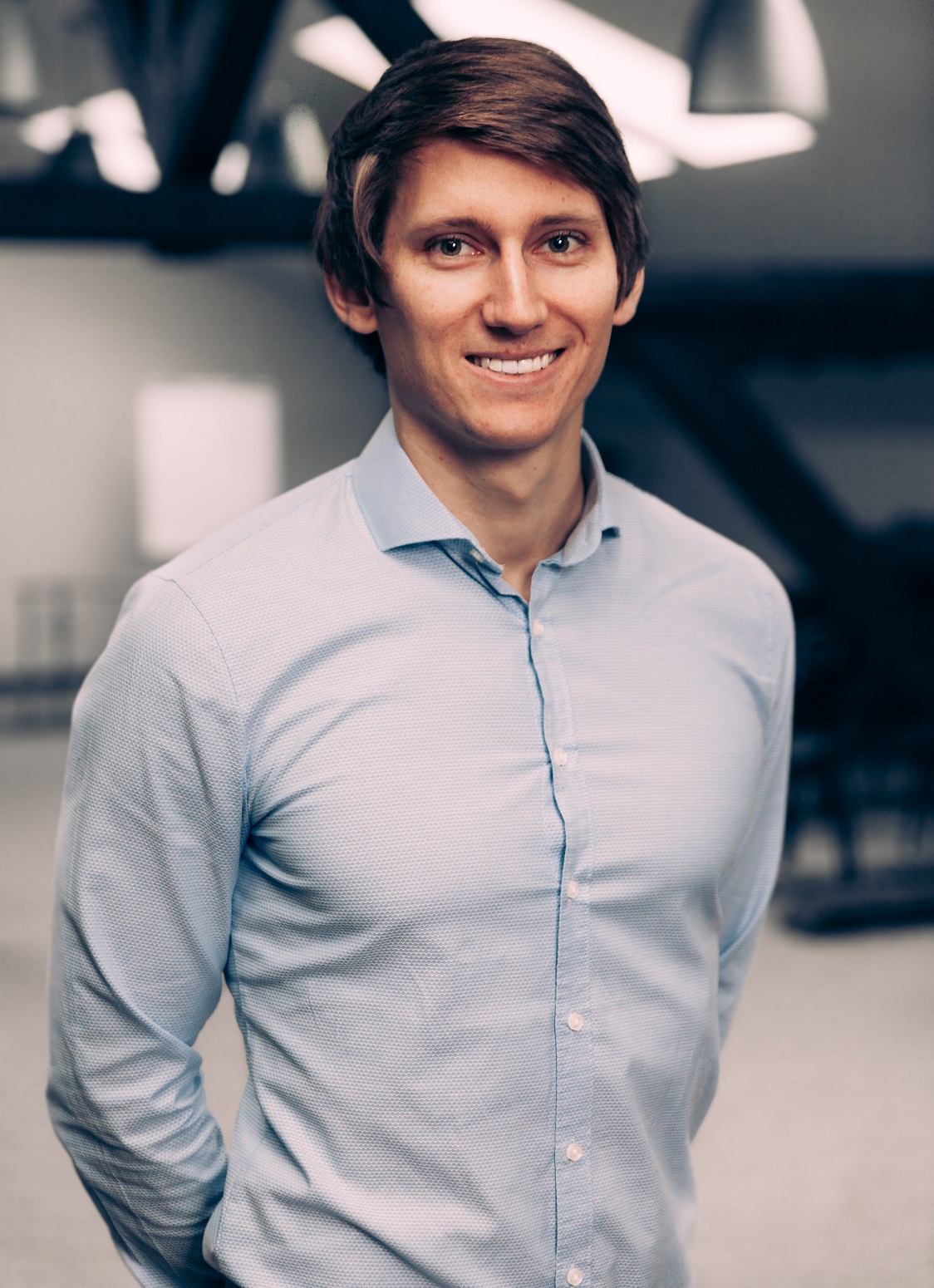Jan Šomvársky
Jan Šomvársky
Jan Šomvársky graduated from the IES in 2016. He completed his Bachelor's degree here, but continued his Master's degree at Rotterdam School of Management, Erasmus University. He graduated in 2017 and in the same year founded the start-up Vitadio together with Ondřej Kulatka, Bolek Kristián and Lenka Röhryová (also the IES graduate). They helps people with the treatment of type 2 diabetes, a type of diabetes that is caused by a unapropriate lifestyle. This is where Jan has been working until now. Jan likes climbing in his spare time.

You graduated with a Master's degree in Innovation Management in Rotterdam. What is it like in there? Which subjects are taught here and what is the focus of this field?
The whole field of study revolves around introducing process and product innovation in medium and large companies. The very first course focuses on strategy, where case studies are mainly discussed. One gets a better picture of the pitfalls of trying to change the established order for thousands of people. Then there are courses focused more on execution and management, where one learns best practices in implementing change in companies. The courses are usually very practical and preparation and active involvement in class is expected. For example, one course involves working on a real project from Google and Philips. Compared to IES, the courses follow each other, not in parallel, so you can fully concentrate on one subject. At the same time, they are focused on soft skills, which I think is a cool complement to a lot of the analytical courses at IES. A large part of our class went to big or small consultancies, mainly Deloitte Digital in the Netherlands.
How did you get into innovation management, what sparked your interest in this particular field?
At the IES we are trained in analytics, I wanted to start building a management foundation as well. Since the end of my undergraduate studies, I was looking to build my own technology company and thought RSM would help me do that. That ended up being confirmed for the most part.
You are the co-founder of the startup Vitadio, could you explain what you actually do?
We are developing what we call digital therapeutics for the treatment of chronic diseases where a significant improvement in health can be achieved by changing the patient's regimen. It is a mobile application certified as a medical device and validated in clinical trials. We are now specialising in type 2 diabetes, or diabetes acquired during life. The user can pair the app with various monitoring devices, continuously input photos of meals or manually enter health data. Vitadio analyzes this data and presents personalized recommendations to help the patient effectively improve disease control. We have achieved improvements in diabetes control comparable to medication for thousands of patients in the Czech Republic, Germany and Slovakia, and we are preparing for universal reimbursement by health insurance companies in Germany this year.
How did you get into this area in healthcare, were you looking for a "hole in the market" or did hole find you?
We "dovetailed" into our current product and business model by making incremental changes. We started with a general lifestyle adjustment in the wellness segment, which is very competitive. We found that we were getting a lot of chronic patients signing up for the program, and at the same time we were getting interest from physicians, who, according to official recommendations, should be providing education in self-management and support in lifestyle modification. However, in most cases they do not have the time or resources to do this and as a result, only a fraction of patients receive full care. We have successfully validated this problem in several European markets and have since focused on the healthcare segment.
How do you plan to further develop Vitadio, will you adapt the application to neighbouring countries, do you plan some expansion? Or on the contrary, will you be improving your system?
We are increasingly focusing on the use of data in the product to increase the personalization and scalability of the whole therapy. We are building the entire system to be adaptable for other chronic diseases. In terms of expansion, our priority now is Germany, where we opened offices earlier this year. Other countries will follow along with other therapeutic areas.
What do you enjoy doing in your spare time?
I have been rock climbing since I was a kid and it is my favorite pastime even now.







